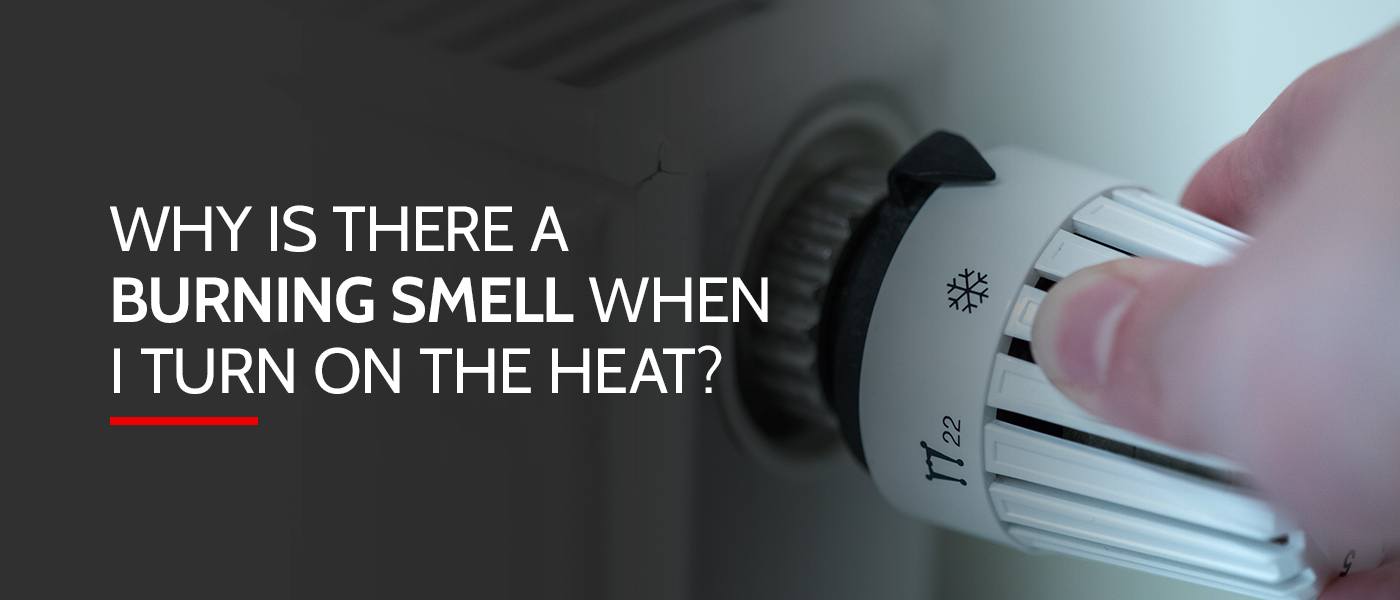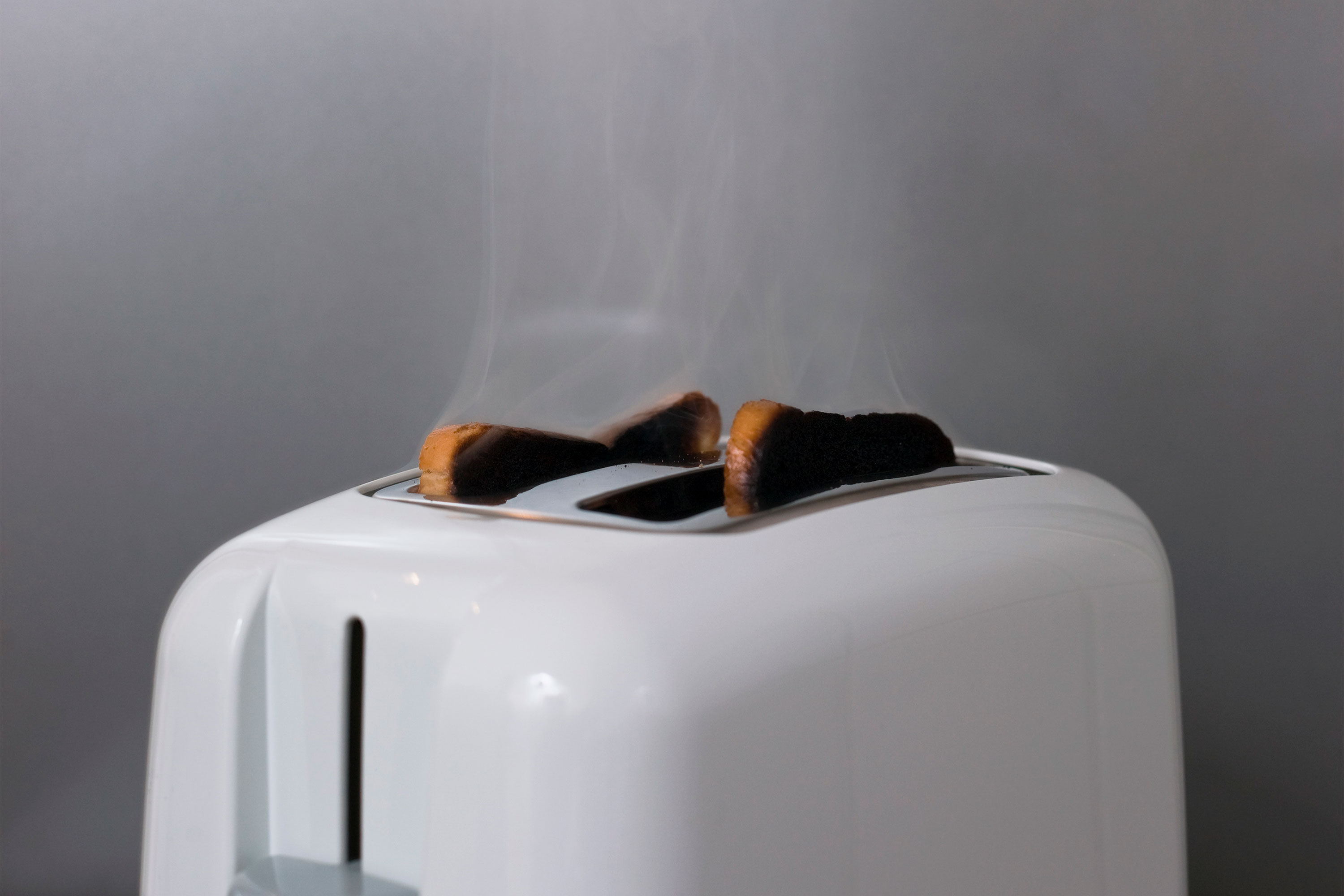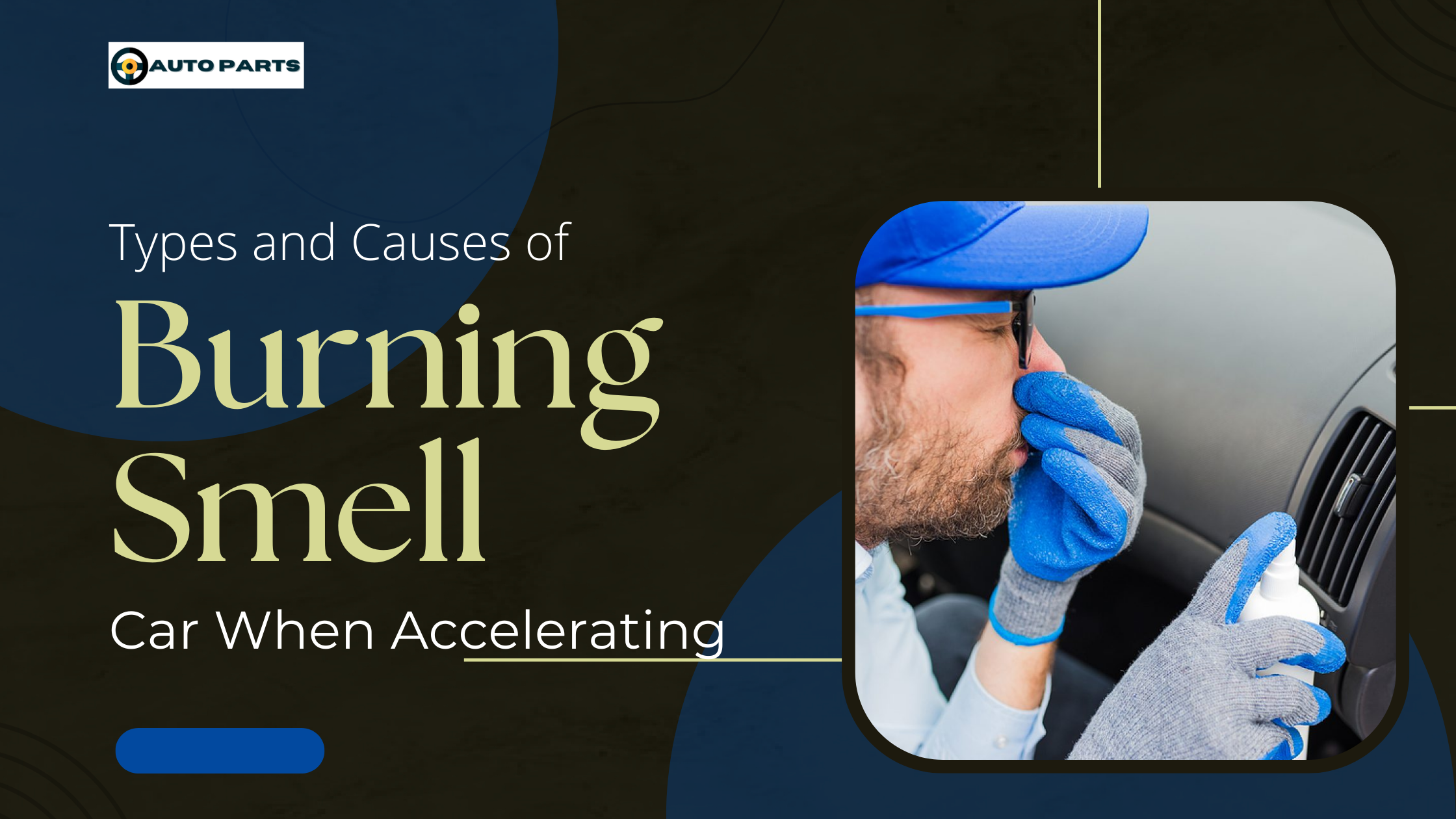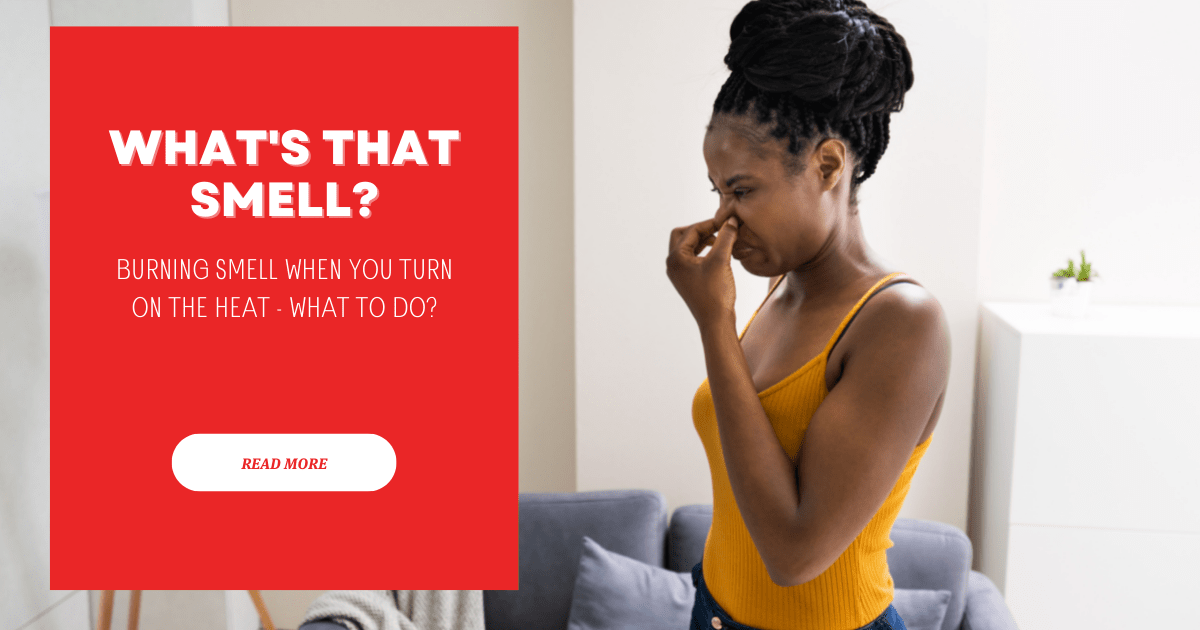What Does It Mean When You Smell Burning
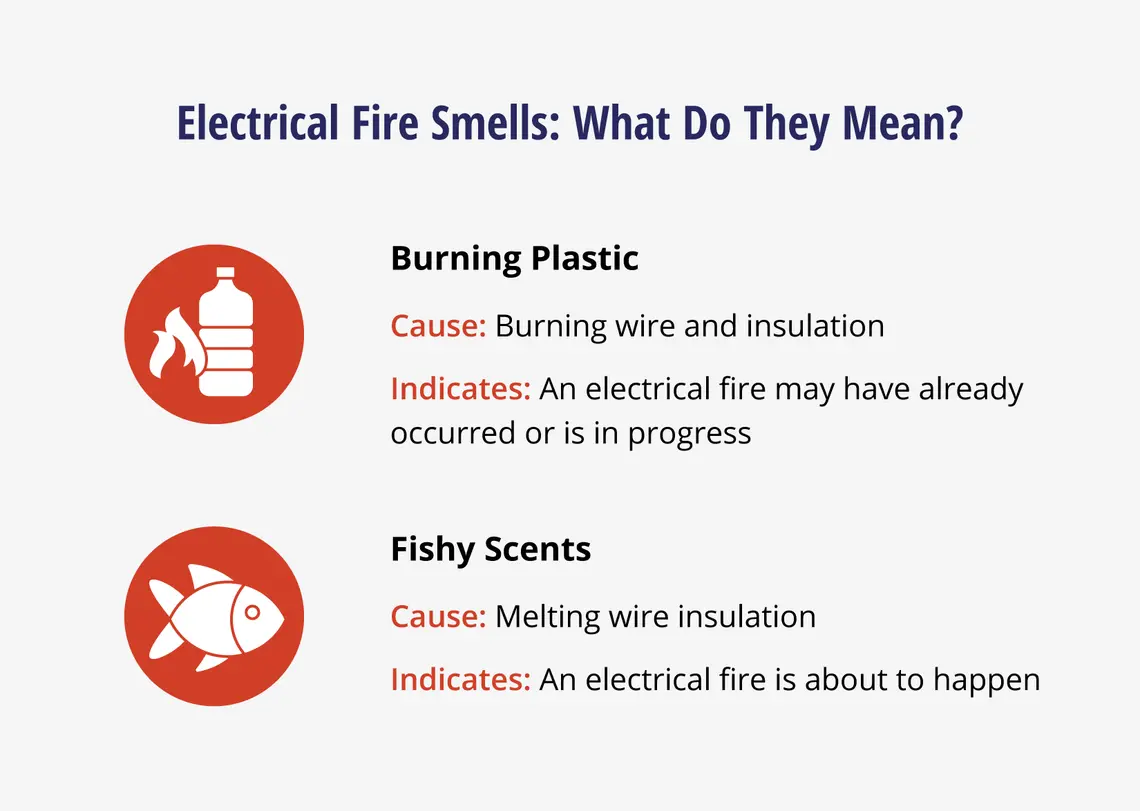
One of the most unsettling experiences a homeowner can face is catching a whiff of burning. That acrid, often metallic, smell immediately triggers a sense of unease and a flurry of questions. What's burning? Where is it coming from? And is my home in danger? This article aims to help you methodically diagnose the source of that burning smell and take appropriate action, differentiating between simple DIY fixes and situations that demand professional help.
Understanding the Burning Smell: A Step-by-Step Diagnosis
Before panicking, take a deep breath and try to pinpoint the smell's characteristics. Is it plastic, electrical, rubber, wood, or something else? This crucial first step will significantly narrow down the possibilities.
Step 1: The Immediate Safety Check
Your immediate priority is safety. If you see smoke or flames, evacuate the house immediately and call 911. Do not attempt to investigate further. If there's no visible smoke or flames, proceed cautiously to step 2.
Step 2: The Olfactory Investigation: Where is the Smell Strongest?
Carefully walk through your house, paying close attention to your sense of smell. Systematically check each room, including the basement, attic, and garage. Try to determine where the burning smell is the strongest. This will help you isolate the source.
Step 3: Identifying Potential Sources
Once you've narrowed down the location, consider the potential sources of a burning smell in that area. Here are some common culprits, categorized by the type of smell they produce:
Electrical Burning Smell (Often Metallic or Acrid)
- Appliances: Toasters, ovens, microwaves, blenders, coffee makers, and other appliances are common sources of electrical burning smells. Overheating components or food debris can cause this.
- Outlets and Switches: A burning smell emanating from an outlet or switch is a serious concern, potentially indicating a short circuit or loose wiring.
- Light Fixtures: Overloaded light fixtures or the wrong wattage bulbs can cause a burning smell.
- Electrical Panel: A burning smell near the electrical panel is a major red flag.
- Electronics: Computers, televisions, and other electronics can emit a burning smell if they are overheating or malfunctioning.
Plastic Burning Smell
- Overheated Electronics: Plastic components within electronics can melt and emit a strong plastic burning smell.
- Cooking Mishaps: Plastic utensils left on a hot stovetop or near a heat source.
- Light Bulbs: Incorrect wattage bulbs melting plastic light fixtures.
- Dryer Vents: Lint buildup near the dryer heating element can sometimes produce a plastic-like burning smell.
Rubber Burning Smell
- Appliances: Belts in appliances like washing machines or dryers can slip and burn, creating a rubbery odor.
- Electrical Wiring: Old or damaged rubber insulation on electrical wiring can overheat and emit this smell.
- Car in Garage: A burning rubber smell could be coming from your vehicle's tires or engine.
Wood Burning Smell
- Fireplace or Wood Stove: Improperly ventilated fireplaces or wood stoves can cause a smoky, burning wood smell.
- Overheated Electrical Components: In rare cases, overheated electrical components can ignite nearby wood.
Dust Burning Smell
- Heating System: A furnace or baseboard heater that hasn't been used in a while will often emit a brief burning dust smell when first turned on. This is usually normal and dissipates quickly.
- Light Bulbs: Dust accumulating on hot light bulbs can create a slight burning smell.
Step 4: The Visual Inspection
Once you have identified potential sources, carefully inspect them for signs of burning, melting, or damage. Use a flashlight to get a better look in dark areas.
- Appliances: Look for signs of scorching, melting plastic, or frayed cords.
- Outlets and Switches: Check for discoloration, cracks, or melted plastic around the outlet or switch.
- Light Fixtures: Inspect for melted plastic, charred wires, or bulbs that are too close to flammable materials.
- Electrical Panel: Look for any signs of burning, sparking, or corrosion.
- Electronics: Check for overheating, bulging capacitors, or melted plastic.
Simple DIY Fixes (Proceed with Caution!)
Important Safety Note: Before attempting any DIY electrical work, turn off the power to the affected circuit at the electrical panel. If you are not comfortable working with electricity, do not attempt these fixes. Call a qualified electrician.
Addressing Appliance-Related Burning Smells
The most common culprit is often food debris.
- Unplug the appliance.
- Clean thoroughly: Remove any food particles, grease, or other debris from the appliance. Use appropriate cleaning solutions and tools. For example, clean the inside of your toaster oven, wipe down the stovetop, or empty the crumb tray.
- Inspect the cord: Look for any signs of damage to the power cord. If the cord is frayed or damaged, do not use the appliance. Replace the cord or have it professionally repaired.
- Test the appliance: After cleaning and inspecting, plug the appliance back in and test it in a well-ventilated area. If the burning smell persists, the appliance may need professional repair or replacement.
Dealing with Dust Burning Smells
A dust burning smell from your heating system is often temporary.
- Ventilate the area: Open windows to air out the house.
- Monitor the system: If the smell persists for more than a day or two, have your heating system inspected by a professional.
- Clean light bulbs (when cool!): Gently wipe down cool light bulbs to remove dust accumulation.
Addressing Light Fixture Issues
- Turn off the light switch.
- Allow the bulb to cool completely.
- Check the wattage: Ensure that the bulb wattage is appropriate for the fixture. Do not exceed the maximum wattage specified on the fixture.
- Inspect the wiring: Look for any signs of damage to the wiring or the fixture itself. If you see any damage, do not use the fixture and consult an electrician.
- Replace the bulb: If the bulb is burned out, replace it with a new bulb of the correct wattage.
When to Call a Professional: Critical Warning Signs
While some burning smells can be resolved with simple DIY fixes, certain situations require immediate professional intervention. Do not hesitate to call a qualified electrician or fire department if you encounter any of the following:
- Visible Smoke or Flames: As mentioned earlier, this is an emergency situation. Evacuate immediately and call 911.
- Burning Smell Near the Electrical Panel: This indicates a serious electrical problem that could lead to a fire.
- Burning Smell from Outlets or Switches: This could indicate a short circuit or loose wiring, posing a significant fire hazard.
- Persistent Burning Smell: If you cannot identify the source of the burning smell or if the smell persists after attempting DIY fixes, it is best to consult a professional.
- Flickering Lights: Flickering lights can be a sign of electrical problems that could lead to a fire.
- Warm or Hot Outlets or Switches: This indicates that the outlet or switch is overloaded or has a wiring problem.
- Strange Noises from Electrical System: Buzzing, crackling, or hissing noises from your electrical system are warning signs of potential problems.
- You are Uncomfortable Working with Electricity: If you are not confident in your ability to safely diagnose and repair electrical problems, it is always best to call a professional.
Prevention is Key
Preventing burning smells in the first place is always the best approach. Here are some tips to help you keep your home safe:
- Regular Appliance Maintenance: Clean your appliances regularly and inspect them for any signs of damage.
- Proper Use of Appliances: Use appliances according to the manufacturer's instructions. Do not overload circuits or use extension cords improperly.
- Regular Electrical Inspections: Have your electrical system inspected by a qualified electrician every few years.
- Smoke Detectors: Install smoke detectors on every level of your home and test them regularly.
- Carbon Monoxide Detectors: Install carbon monoxide detectors near sleeping areas and test them regularly.
- Proper Ventilation: Ensure that your appliances and heating systems are properly ventilated.
- Keep Flammable Materials Away from Heat Sources: Keep flammable materials away from stoves, ovens, fireplaces, and other heat sources.
- Don't Ignore Warning Signs: If you notice any unusual smells, noises, or flickering lights, investigate them promptly.
By following these steps, you can effectively troubleshoot burning smells in your home, prioritize safety, and determine when professional help is necessary. Remember, your safety and the safety of your family is paramount. When in doubt, call a qualified professional.
